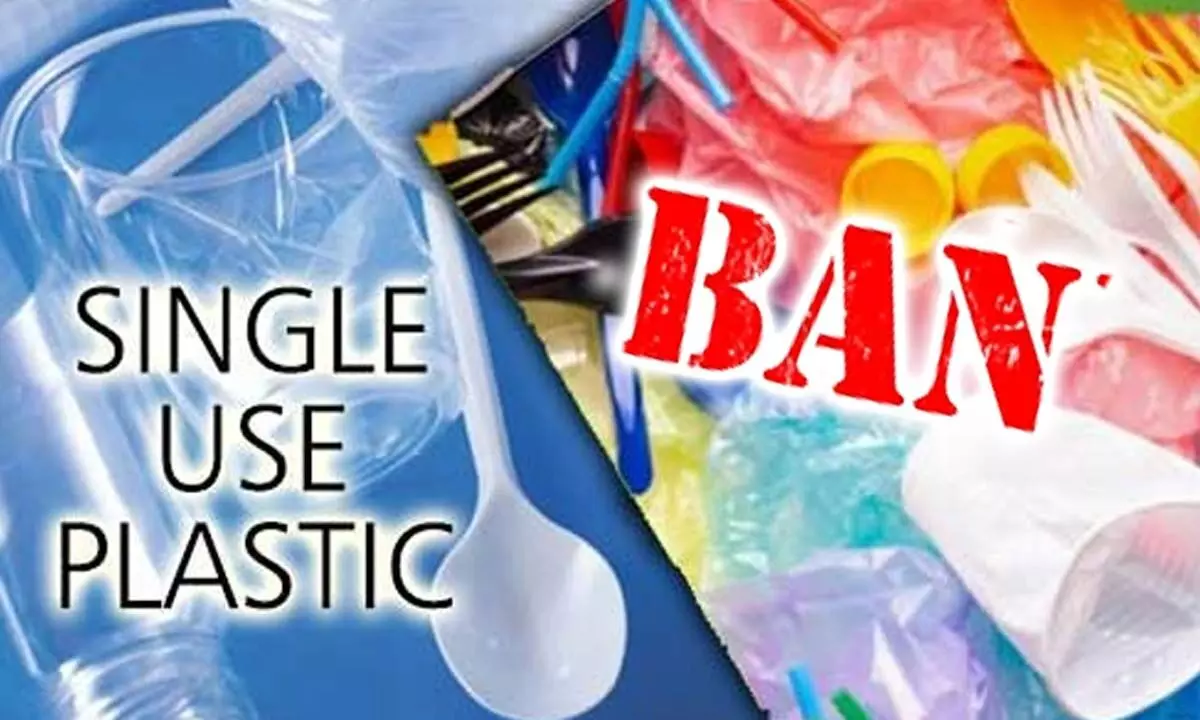Australian state puts further ban on single-use plastic items

Australian state of New South Wales (NSW) on Tuesday implemented an additional ban on more single-use plastic items, on top of its previous ban on lightweight single-use plastic bags.
The Australian state of New South Wales (NSW) on Tuesday implemented an additional ban on more single-use plastic items, on top of its previous ban on lightweight single-use plastic bags.
Under the tightened rules, manufacturers, wholesalers, businesses and community organisations in NSW cannot provide single-use plastic items including straws, stirrers, cutlery, plates, bowls and cotton buds; food ware and cups made from expanded polystyrene; rinse-off personal care products containing plastic microbeads, reports Xinhua news agency.
The new prohibition is the latest movement of the state government to create a more sustainable environment after it banned lightweight single-use plastic bags from June 1.
Single-use plastic items and packaging make up 60 per cent of all litter in NSW, according to the state government.
Manufacturers or other businesses supplying a banned item or not complying with a stop notice may face an on-the-spot fine of up to A$5,500 ($3,539) for corporations and A$1,100 for individuals.
If the business is a manufacturer, producer, wholesaler or distributor, or if the matter goes to court, the fine will be even higher.
NSW Minister for Environment James Griffin said the ban is the result of broad communication with local businesses and communities.
The government received 16,000 submissions in response to the proposed plastics ban, and 98 per cent of them supported the bans.
"The community is disturbed by the amount of single-use plastic entering our environment, so we've listened, taken action, and today we're asking everyone across the state to stop it and swap it," he said.
The state government worked with the National Retail Association to provide education and support to local businesses and community organisations to implement the changes.
The government also partnered with local environmentalists to collect excess stock from wholesalers, distributors, retailers and businesses to recycle and remanufacture them into new items.
Griffin said all the plastic bans will prevent almost 2.7 billion items of plastic litter from entering the state's environment over the next 20 years.











